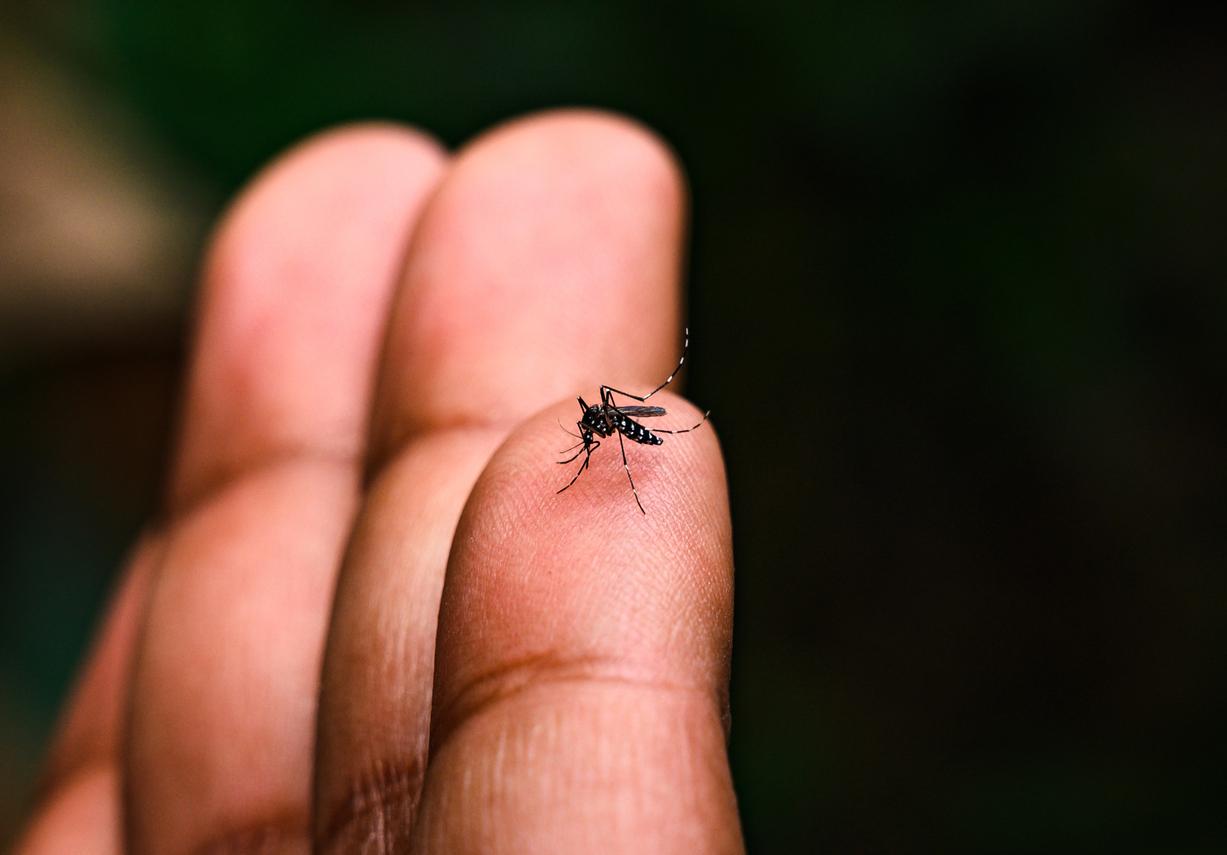To fight against the next emerging viruses, an international coalition was launched at the Davos Forum. It aims to accelerate the development of vaccines.

After the Ebola and Zika epidemics which surprised the whole world, the urgency today is to prepare against new threats. In addition to surveillance measures, the response to emerging viruses inevitably involves the development of vaccines. To finance this research, several States, NGOs and pharmaceutical companies have launched at the World Economic Forum in Davos, the Coalition for Innovations in Epidemic Preparedness (1). The various members have already announced that they will invest half a billion dollars to support the development of 6 vaccines against the Mers virus, the Lassa virus and the Nipah virus. Explanations with Prof. Arnaud Fontanet, director of the epidemiology of emerging diseases unit at the Institut Pasteur, and member of this coalition.
What is the goal of the Coalition for Innovations in Epidemic Preparedness (Cepi)?
Prof. Arnaud Fontanet: This initiative was created following the Ebola epidemic during which we had to develop vaccines in a crisis situation. But between the time we realized the importance of the epidemic and when we could test the first vaccine candidates in the population, the epidemic was drawing to a close. So we no longer had any way of knowing if these vaccines were effective.
This situation is repeating itself with Zika. The epidemic declared in 2015 is still raging in Brazil. The vaccines have been launched, but phase 3, which allows their effectiveness to be evaluated, will not arrive until 2018. Will there be a dynamic enough epidemic to test these vaccines? We don’t know.
The development time for vaccines is such that we are unable to deploy them when epidemics are in their explosive phase. With Cepi, we want to develop vaccines by testing them in animals and checking their tolerance in humans in order to be able to deploy them in the event of an epidemic.

How will this work coalition?
Prof. Arnaud Fontanet: Pharmaceutical companies have little interest in developing vaccines against diseases that are not known if they can ever become epidemic. In other words, diseases for which there is no guaranteed market.
Cepi is a public-private partnership that was created to encourage manufacturers to develop these vaccines because we believe that it is too late to ask the question once the epidemic has started. Thanks to financial aid, we hope to speed up research on around ten diseases.
Why target Mers virus, Lassa virus and Nipah virus?
Prof. Arnaud Fontanet: These viruses were chosen from a list of 10 diseases provided by the World Health Organization (one of Cepi’s partners, editor’s note). They are already known and identified as potentially virulent. This epidemic potential is very true for the Seas, for example. We saw this in South Korea after the virus escaped Saudi Arabia.
Lassa fever virus is endemic to West Africa. The contamination starts from rodents, then there is a risk of human-to-human transmission. But it remains very dependent on its reservoir, and propagation beyond its territory seems unlikely. However, we must be wary because for Ebola we always said that the virus was confined to the Democratic Republic of the Congo, and then finally it spread in West Africa.
For Nipah, the virus is transmitted by a bat. It causes encephalitis, sometimes with respiratory manifestations. And it is in these situations that patients are contagious. Here too, there is a significant epidemic potential.
(1) The Norwegian, Indian, Japanese and German governments are preparing to finance CEPI to the tune of more than one billion dollars over 5 years. The organization is also supported by the World Health Organization, the European Commission, Doctors Without Borders, the Wellcome Trust and the Bill and Melinda Gates Foundation. Several pharmaceutical companies (GSK, Merck, Johnson & Johnson, Pfizer, Sanofi and Takeda) are also participating.

.















